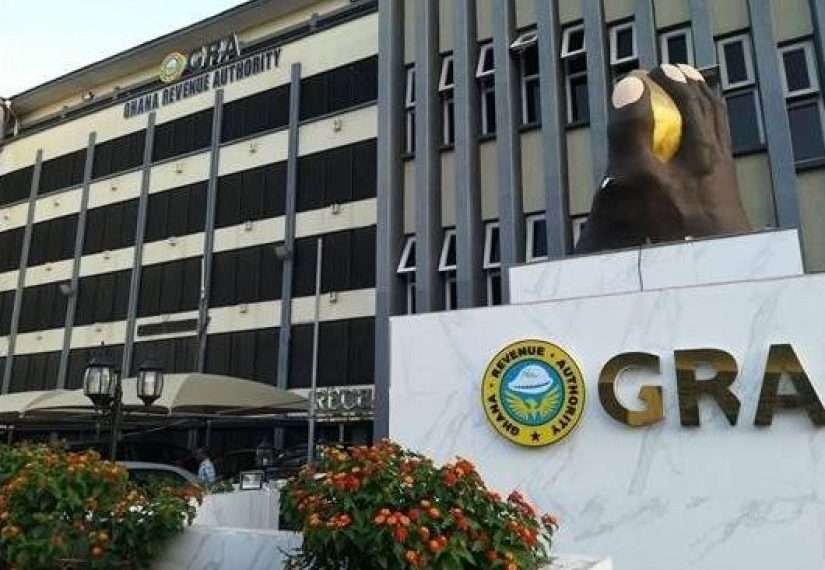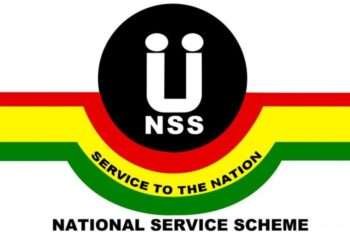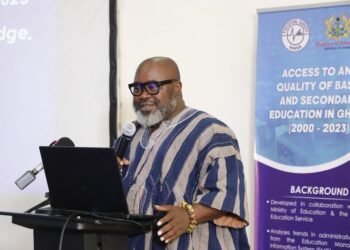The share of the country’s population that pay taxes remains very low making it very difficult for the country to mobilize substantial revenues each year.
According to Mr. Ken Ofori-Atta, Minister of Finance, data from GRA show that Ghana has a total of 2.45 million registered taxpayers. This accounted for approximately 8 percent of the country’s population, estimated at 31 million.
As such, Mr. Ofori-Atta stated that Ghana cannot rely on only these few people to raise the resources government needs to strengthen its recovery plans. More specifically, it will be difficult for the government to raise the GH¢ 30 billion of the GH¢100 billion Ghana CARES “Obaatan pa” program.

“Based on available data from GRA, we have a total of 2.45 million registered taxpayers in our country. Under the prevailing structures, the burden of raising GH ¢30 billion for the CARES programme demands each taxpayer contribute GH¢12,257, or roughly GH¢ 34 every day for a year. We cannot continue to hinge our prospects for economic recovery on a mere 8% of our total population”.
Ken Ofori-Atta
Low tax per capita
Meanwhile, the country’s recovery anchors heavily on this program as it guides the post-COVID recovery and transformation. Per the Minister’s analyses, the current tax per capita is around GH¢ 49 a day. This means the country must rely on this to cover the cost of maintaining security, providing quality education, and health services.
Moreover, the government needs resources to construct roads, supply potable water and meet other demands.
This further casts doubts on the feasibility of the government’s potential of raising the money to implement the CARES program. But, the Minister believes, it is still possible for the government to raise the money. He averred that a recent assessment reveals that GRA could mobilize an additional GH¢75 billion – GH¢86 billion over the next three years.
“The potential for this year alone is estimated to be between GH¢15.8 billion – GH¢18.6 billion. Realizing just one-third of our 2021 potential, approximately GH ¢5 billion, would be critical to meeting our fiscal commitments”.
Ken Ofori-Atta
As such, Mr. Ofori-Atta indicated that government must retool the GRA to respond to the country’s financing needs urgently. To this end, the government believes its new initiatives such as the Revenue Assurance and Compliance Enforcement (RACE) and Ghana.gov platform are vital.
Improving revenue mobilization
Furthermore, Mr. Ofori-Atta stated that government aims at moving tax revenue to GDP of 14.3% closer to the sub-Saharan Africa average of 18% in the medium-term. He added that government aims at moving the ratio “beyond 20% over the long run”.
Also, Mr. Ofori-Atta stated that government wants to “capture potential taxpayers in the informal sector who deliberately avoid taxes”.
Whilst widening the tax net is key, raising the needed resources to FastTrack the recovery process hinges heavily on the credibility of the government. This is because a recent Afrobarometer survey found that 79% of Ghanaians endorse the government’s right to tax its citizens. However, 70% of Ghanaians find it difficult to know how the government uses tax revenues.
Aside credibility and transparency, tax education is very vital if the government is to meet its revenue targets. Because Afrobarometer found that 61% of Ghanaians still do not know what taxes they’re supposed to pay.
READ ALSO: Benchmark value reduction policy biting hard on local rice production




















